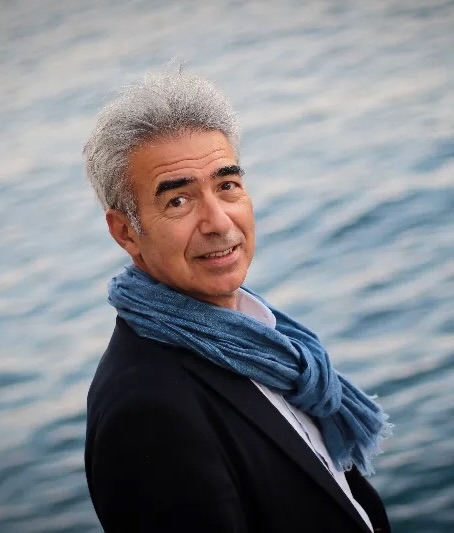Beyond Borders
How The Language Of Sport Is Spoken In The World Of Luxury.


THE OLYMPIC GAMES have always been a universal rendez-vous, one followed by millions of fans and watched by billions of TV spectators worldwide, far ahead of the football World Cup. Why is this? Because there are about 200 nations in competition, more than 10,000 athletes participating, and more than 40 of the most popular sports represented.
Since the rebirth of the Olympic Games in 1894, thanks to Pierre de Coubertin, this key geopolitical event has only been interrupted by international conflicts, such as two World Wars and the Covid pandemic. Sport is a means for celebrating the power of a country: not only by the national athletes but also by the host countries, who are well aware of the impact events such as the Games can have.
The language of sport crosses generational and cultural boundaries, and for luxury fashion businesses, sport is more than just a style; it is a soft power that can reach and communicate with a diverse range of customers.
Many fashion houses have been inspired by sport: the international luxury brand Lacoste was founded by René Lacoste, the French tennis champion of the early 1900s; Hermès is linked to horse riding; Vuitton is connected with motorsport or sailing (Louis Vuitton partners with the America’s Cup); and Ralph Lauren is involved with the U.S. Polo Team and the Wimbledon tennis tournament.
LVMH became the 2024 Paris Summer Olympics' main sponsor not only because it was the 100-year anniversary, but also because Paris is the worldwide fashion and luxury capital. The luxury house selected 9 athletes as ambassadors, including swimmer Léon Marchand, rugby player Antoine Dupont, wheelchair tennis player Pauline Deroulède, and para-cyclist Marie Patouillet.
Just as sport drives disruption, innovation, and social trends, luxury is not that different. Take the “Six S” — Small, Slow, Smart, Safe, Sound, and Sustainable — they are the fundamentals of sport and luxury. Plus, both need huge amounts of money. Look at how Pernod Ricard took a stake in Almave, the “not tequila” non-alcoholic blue agave-based spirit brand co-founded by seven-time F1 World Champion, Lewis Hamilton.
In Monaco, Prince Albert, an Olympian in bobsleigh with five Winter Games and an International Olympic Committee member since 1986, is key to embodying sport and this exclusive attitude. Princess Charlene, a former Olympic South African swimmer, is promoting swimming safety to save lives worldwide with her Foundation.
The Principality is also home to both World Athletics (formerly the International Association of Athletics Federations) since 1993 and SPORTEL, a unique sport and television event, since 1990.
The geopolitics of sport and luxury have no borders. They are obviously two very connected business sectors benefiting, hopefully, from each other.
The views and opinions expressed herein are the views and opinions of the author and do not necessarily reflect those of The Monegasque™.
Disclosure: The Monegasque™ enhances the editing process with the help of carefully selected AI tools. These tools provide valuable support without taking over the editing process completely, ensuring that the final product is the result of human creativity and expertise augmented by the benefits of enhanced technology. This article is protected under the copyright of The Monegasque™. Unauthorized reprinting, republishing, or rewriting of this content is strictly prohibited without explicit permission from The Monegasque™. Quotations from this material are permissible provided that a direct link to the full article on The Monegasque™ is included.